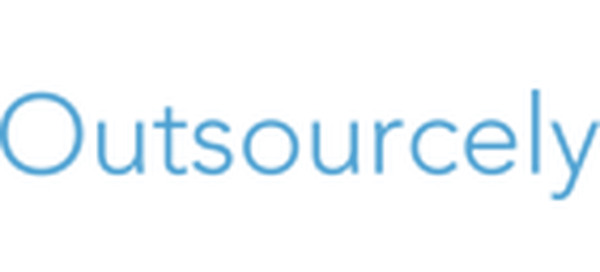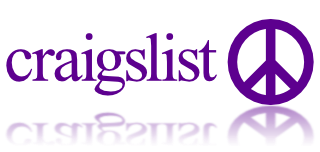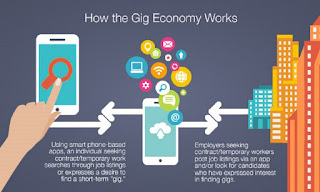What is Gig Economy?
A Gig Economy is an environment in which temporary positions are common and organizations contract with independent workers for short-term engagements. The trend toward a gig economy has begun. (whatis.techtarget.com/definition/gig-economy)
Investopia defines Gig Economy as a temporary, flexible jobs are commonplace and companies tend toward hiring independent contractors and freelancers instead of full-time employees. A gig economy undermines the traditional economy of full-time workers who rarely change positions and instead focus on a lifetime career.
In 2016, it is estimated that there are between 1 million to 1.5 million Filipinos doing freelance work. Having said that, the Department of Information and Communications Technology (DICT) has a program called Rural Impact Sourcing (RIS).
It was created to promote and develop the Philippine impact sourcing ecosystem by discussing opportunities, showcasing Filipino talents, and championing freelancing work.
By definition itself, there are quite a number of online marketplaces who remotely-provide services to businesses and freelance work to our citizenry.
Gig economy outsourcing platforms offering assignments in the Philippines (e.g., upwork, onlinejobs.ph, raket.ph, freelancer, freelancing.ph, elance, slack). You can also include in the list uber or grab for Gig Economy.
So are you ready for a Gig?!
Here are some of the top online platforms that offer full time and/or part time jobs:

Outsourcely is a great place to find homebased work and pay zero fees. Outsourcely is 100% free for remote workers.

OnlineJobs.ph is similar to Upwork, where you can be hired as a freelancer as well as a full-time or part-time employee.

Craigslist is an online classified ad posting system for items for sale to job postings and other services.

WeWorkRemotely offers high level and high paying jobs for US applicants but they also consider people from the Philippines.

Stack Exchange is primarily a site for programmers and all tasks are related to software development only.







Comments
Post a Comment